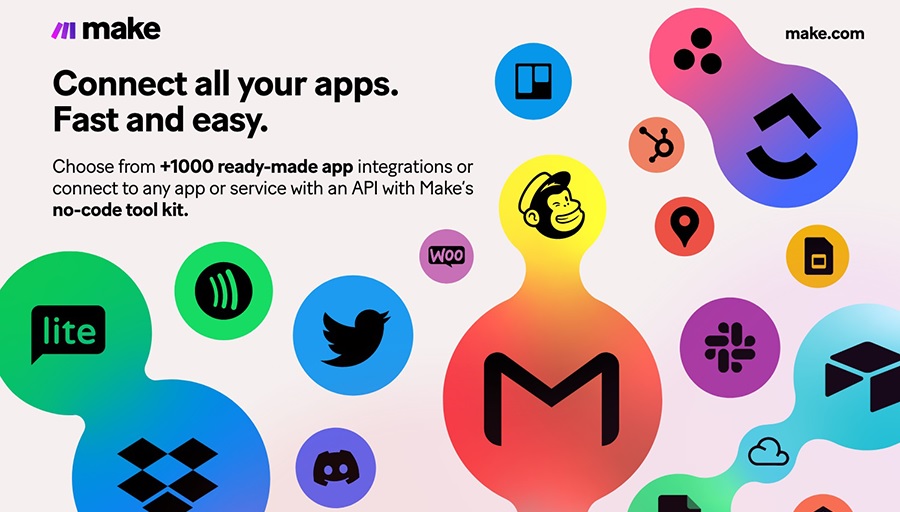
For small business owners, customer conversations are the heartbeat of success. Every question answered, issue resolved, and product recommendation shapes how customers perceive the brand. Yet, managing these conversations can be overwhelming, especially when resources are limited. This is where AI-powered chatbots have evolved into game-changing tools. No longer limited to scripted replies, modern chatbots can understand context, learn from interactions, and provide personalized support. They are transforming customer conversations in ways that strengthen loyalty, boost efficiency, and create new opportunities for growth.
Contents
From Basic Bots to Intelligent Assistants
In the early days, chatbots were little more than digital FAQ pages. They could provide canned responses to simple questions but often left customers frustrated when queries strayed outside their narrow programming. Today’s AI-powered chatbots are vastly different. They use natural language processing (NLP) and machine learning to interpret meaning, respond appropriately, and even carry on conversations that feel natural and human-like. For small businesses, this means delivering customer service once reserved for large corporations – without needing a call center.
Why Smarter Chatbots Matter for Small Businesses
Customer expectations are higher than ever. People want quick answers, personalized service, and the ability to connect anytime, anywhere. Smarter chatbots deliver on all three fronts. They respond instantly, remember past interactions, and provide a seamless experience across multiple platforms, from websites to social media to messaging apps.
For entrepreneurs, this levels the playing field. A single chatbot can handle hundreds of conversations simultaneously, providing the kind of responsiveness that builds trust and keeps customers coming back.
How AI Chatbots Transform Customer Conversations
AI chatbots do far more than answer basic questions. Here are some of the ways they elevate customer conversations:
1. Personalized Interactions
By analyzing customer data, chatbots can tailor conversations to individual preferences. For example, they can recommend products based on past purchases or greet repeat customers by name, creating a more personal experience.
2. Multichannel Support
Modern chatbots work across websites, apps, and social media platforms. This ensures customers can reach a business through their preferred channel while still receiving consistent support.
3. Order and Booking Management
Chatbots can handle transactional tasks like booking appointments, placing orders, or checking delivery status. This reduces the workload on staff and provides customers with instant solutions.
4. 24/7 Availability
Unlike human staff, chatbots never need breaks. They are available around the clock, ensuring customers always get assistance, even outside business hours.
5. Intelligent Escalation
When issues are too complex for automation, chatbots can seamlessly transfer customers to a human agent, along with context about the conversation so customers don’t have to repeat themselves.
The Benefits of Smarter Chatbots
When implemented well, AI chatbots bring powerful benefits for both customers and businesses:
1. Faster Response Times
Customers receive answers in seconds rather than minutes or hours, which greatly improves satisfaction.
2. Cost Savings
By handling a large volume of inquiries, chatbots reduce the need for additional staff, making them an affordable solution for small businesses.
3. Consistency in Service
Chatbots deliver accurate and consistent responses every time, eliminating variability and ensuring reliable service.
4. Enhanced Customer Engagement
Interactive, helpful chatbots keep customers engaged with a brand, leading to stronger relationships and increased loyalty.
5. Actionable Insights
AI chatbots collect data from customer interactions, providing insights into common questions, buying behaviors, and potential areas for improvement.
Common Concerns About Chatbots
Despite their advantages, some business owners are hesitant to deploy chatbots. Let’s address a few common concerns:
“Customers will find them impersonal.”
When designed well, chatbots enhance personalization rather than reduce it. They remember past interactions, greet customers by name, and tailor responses to individual needs.
“They can’t handle complex issues.”
True, chatbots aren’t perfect for every situation. That’s why the best systems include escalation features, allowing seamless transfer to a human when needed.
“They’re too difficult to set up.”
Modern chatbot platforms are designed with small businesses in mind. Many offer drag-and-drop builders, prebuilt templates, and integrations that make setup straightforward.
Steps to Implement Smarter Chatbots
If you’re ready to transform customer conversations with AI chatbots, here’s a roadmap to get started:
1. Define Goals
Decide what you want your chatbot to accomplish, such as reducing response times, handling FAQs, or managing bookings.
2. Choose the Right Platform
Look for a platform that integrates with your existing systems and offers features like personalization, analytics, and escalation options.
3. Start with Common Questions
Program your chatbot to handle the most frequent inquiries first. This provides immediate value and reduces staff workload quickly.
4. Test and Improve
Monitor chatbot performance and gather feedback from customers. Refine responses and add capabilities over time.
5. Expand Capabilities
Once the basics are running smoothly, expand into transactional tasks like booking, ordering, and customer retention workflows.
Real-World Examples
Here are a few examples of how small businesses use AI chatbots to transform conversations:
- A dental clinic uses a chatbot to schedule appointments and send reminders, reducing no-shows by 25%.
- An online clothing store offers personalized style recommendations through its chatbot, boosting sales per customer.
- A local café automates order-taking via chatbot, speeding up service and reducing phone traffic.
The Future of Customer Conversations
AI-powered chatbots are no longer just digital assistants – they are becoming essential partners in delivering outstanding customer service. They help small businesses respond faster, personalize experiences, and scale conversations without scaling staff. For entrepreneurs who want to stand out in competitive markets, chatbots that do more are not just an option – they are the future of customer conversations.

